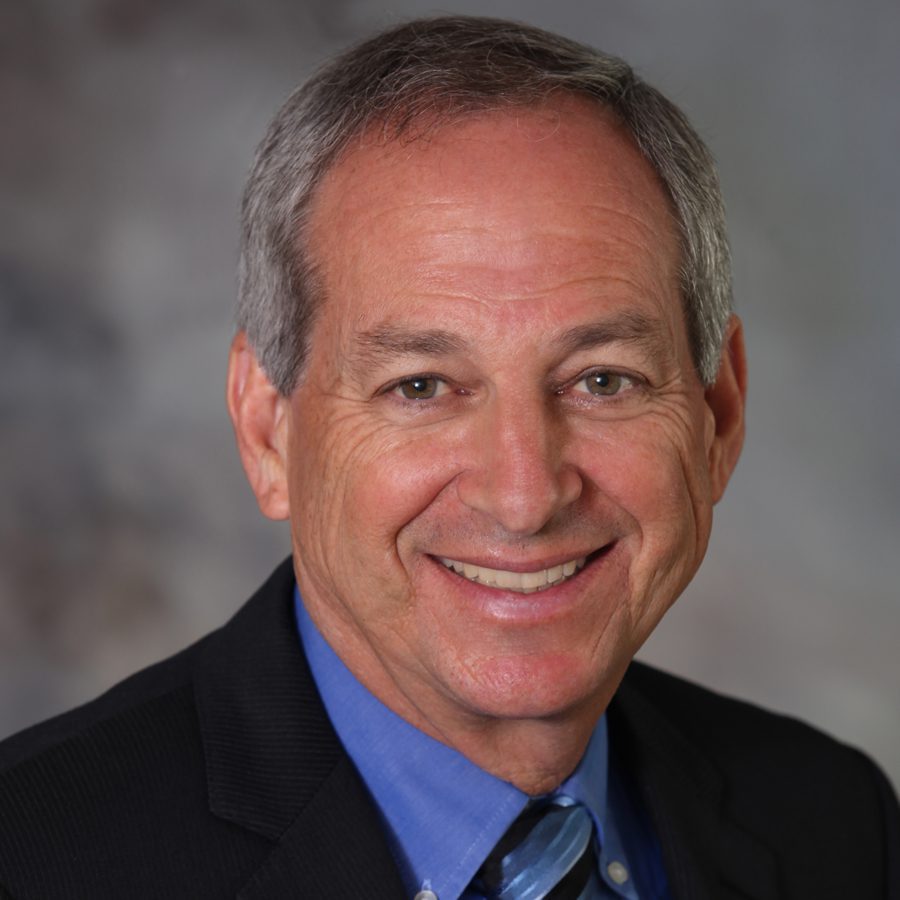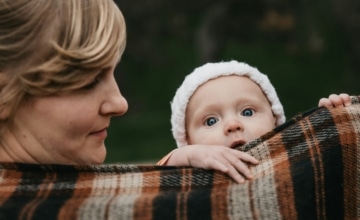An Inteview with Dr. Michael Olenick
Editor’s Note: We’ve invited ZERO TO THREE Board Member, Dr. Michael Olenick, to share his perspectives and reflections with you. Dr. Olenick has been a member of the Board of Directors since 2017 and is currently serving his second term on the Board. You can learn more about his lifetime of professional focus on young children and families on his bio page on the ZERO TO THREE website.
1. What has it meant to you to a be a member of ZERO TO THREE’s Board of Directors?
I always thought of ZERO TO THREE to be where the “gods” of developmental psychology hung out. While I have a doctorate in developmental studies in educational psychology, I was always more interested in policy and implementation, so I never considered being part of such an esteemed group. I have been honored to be included as part of a diverse group of really smart and committed people and I appreciate that the perspective I bring is valued by my colleagues.
2. What is happening at ZERO TO THREE right now that you are most excited about?
There are three areas that particularly excite me. First is the organization’s involvement in advocating for babies at the federal Level. Second is the distribution of products and services out to the community of people caring for babies and young children developed by ZERO TO THREE. Third are the Safe Babies Court teams.
3. As you observe the world around you, what is an issue affecting young children and their families and caregivers that concerns you? How do you think ZERO TO THREE can help?
The number of children who are removed from their homes and placed into the child welfare system are disproportionately black and brown and the cause of removal are often due to poverty or parents’ unrealistic expectations of their children leading to abuse. I see the Safe Baby Court Teams as a major way to reform the child welfare system and to reduce the number of children being removed from their homes.
4. As you look toward the future, what do you see on the horizon for families with young children and/or for the professionals who work with and support them?
As birth rate declines across the country and the public funding of early childhood education (ECE) increases, the public education system will become much more involved in ECE. However, the current school system was based on an agrarian model that does not address the 24/7/365 economy. This system will not solve the intersecting issues of family need for affordable, and accessible quality child care.
5. What is something that ZERO TO THREE members, staff, and even other Board Members might be surprised to know about you?
I spent my 20s playing electric violin in a variety of different musical groups. I went into ECE because it paid better than music.




